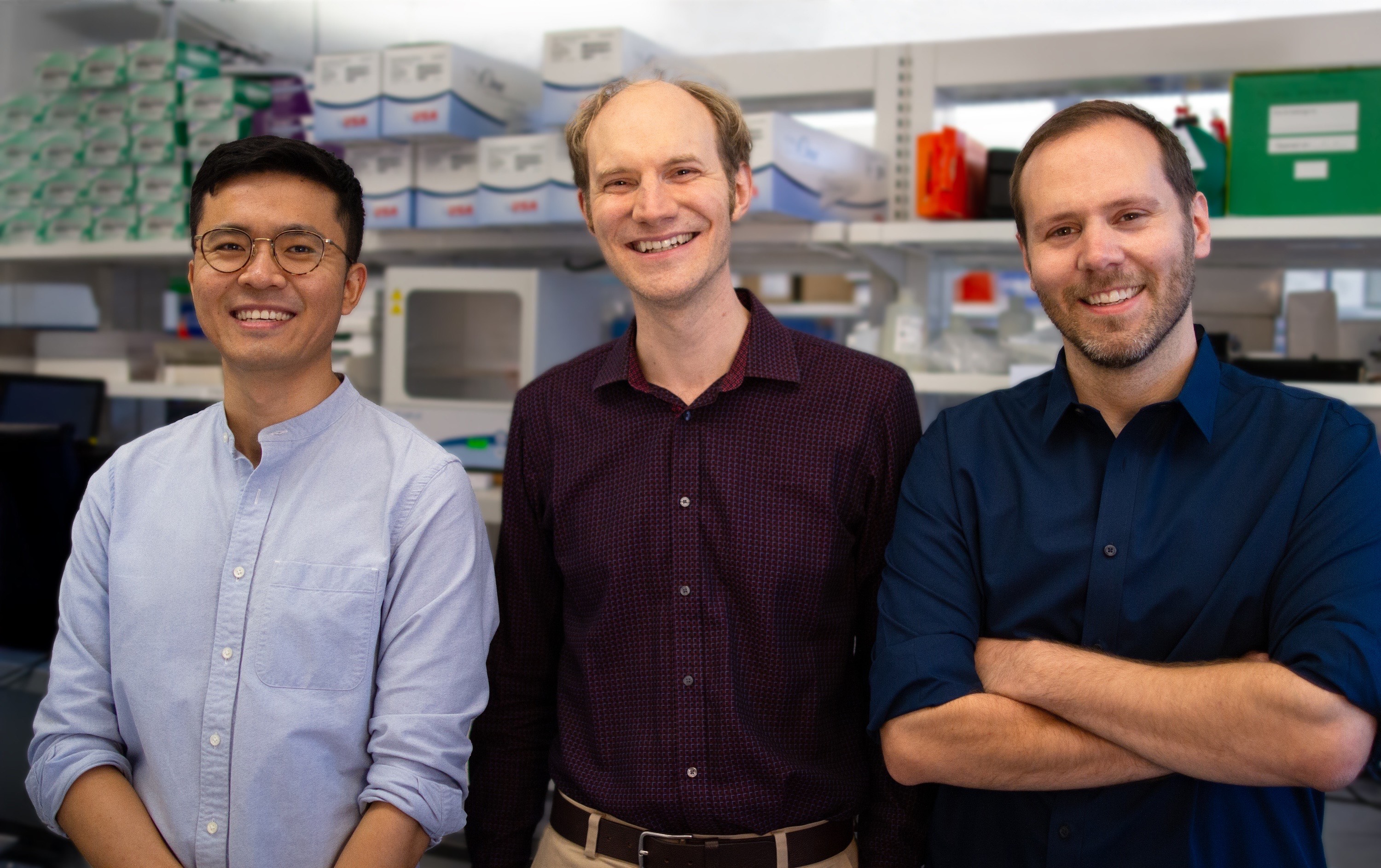SGI-DNA Prints Your Plasmids At Your Bench
SGI-DNA released new DNA synthesis hardware yesterday and cloning is one step closer to being an obsolete nightmare of the past.
Synthetic biologists still spend an inordinate amount of time constructing specific DNA sequences, but the BioXp™ 3200 system will allow researchers to synthesize large fragments of DNA from scratch, on the benchtop. The automated system is capable of constructing 32 double stranded fragments (up to 1.8kb), simultaneously. While researchers have been able to synthesize short oligos in their workplace for decades, SGI-DNA’s technology will allow custom construction of DNA fragments 100 times longer.At its core, BioXp™ is an automated version of a DNA engineering tool the J. Craig Venter Institute produced six years ago. Dr. Daniel Gibson, now the VP of DNA technology at SGI, revolutionized cloning in 2009 with the development of Gibson Assembly®. Its simplicity and robustness promptly made Gibson Assembly one of the most prevalent methods for constructing plasmids.

“The BioXp 3200 system builds up to 32 large DNA constructs daily without prerequisite materials or human input” (Photo: SGI-DNA)Users of the BioXp™ system, however, can avoid worrying about assembly methods altogether. Within five days of submitting sequence designs to the SGI web server, they receive a package of reagents and custom oligonucleotides. These are fed into the BioXp™ 3200 deck and the machinery does the rest. After 12-17 idle hours, 32 new DNA products are ready. Synthesis is also coupled with a proprietary error correction method, which improves the fidelity of the final product.“Over time, the BioXp™ System will allow researchers to focus on experimental design instead of performing many of the tedious tasks of cloning and expression,” stated Gibson in a press release Thursday. This technology is part of a necessary trend towards taking the synthesis out of synthetic biology. In a field where cloning is frequently a bottleneck, many companies are providing alternatives to avoid it. SGI-DNA, as well as DNA2.0, IDT and Gen9, are players in the burgeoning market for made-to-order genetic material. Submit sequence, receive DNA. But convenience comes at a cost that quickly adds up. Taking an alternative approach, cloud services like Transcriptic lease remotely controlled, automated lab space. Scientists can build hundreds to thousands of DNA constructs without touching a pipette. The BioXp™ 3200 system offers a compromise between these methodologies: automated oligonucleotide design and in-house robotic assembly. As the synthetic biology community decides which is the most preferable way to avoid pipette labor and scale up experiments, SGI-DNA’s new technology may appeal to labs where throughput is high, but DNA assembly restricts innovation.Interested in hearing more about SGI-DNA? Justin Bingham will be speaking at SynBioBeta's London Conference in April, click here for more information!



.svg)










.jpg)

.gif)